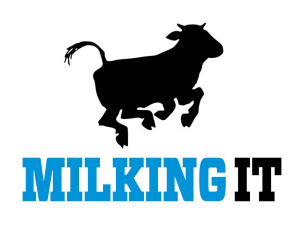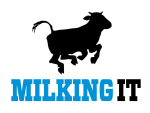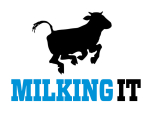Scientists from University of Natural Resources and Life Sciences, in Vienna, uncovered that these microbes in liquid that was drawn from the rumen, the largest compartment of a ruminant's stomach.
Ruminants, such as cows, rely on microorganisms to help break down their diet of coarse vegetation. The rumen acts as an incubator for these microbes, which either digest or ferment foods consumed by a cow or other ruminant.
The researchers suspect that some microbes lurking in a cow's rumen should be capable of digesting polyesters, substances whose component molecules are linked by so-called ester groups. That's because, due to their herbivorous diets, cows consume a natural polyester produced by plants, called cutin.











